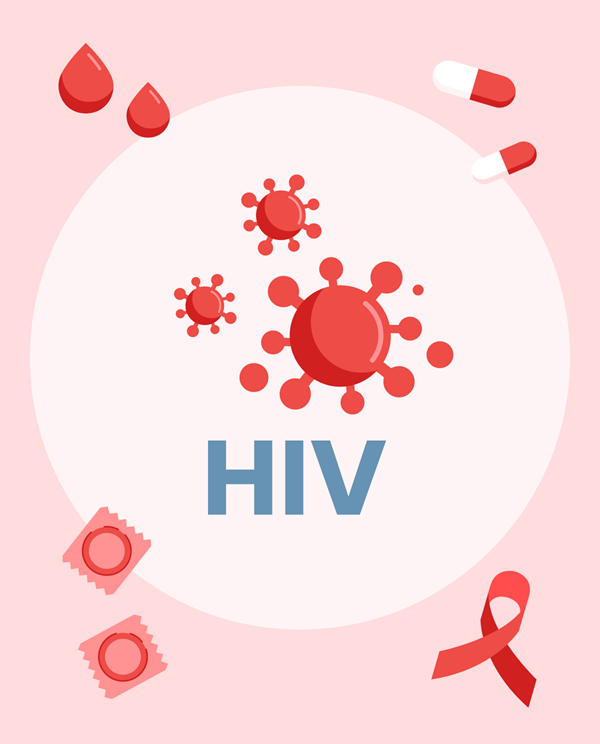
A recent Nigeria Demographic and Health Survey (NDHS) 2023-24 report has revealed that many young Nigerians lack crucial knowledge about HIV prevention.
The NDHS survey, shared with journalists, indicates that only 30 per cent of women and 22 per cent of men aged 15-24 understand effective ways to prevent HIV transmission.
Science Nigeria reports that public health experts warn this knowledge gap could contribute to the spread of HIV among youth, who are particularly vulnerable due to limited access to accurate health information and persistent misconceptions about transmission.
NDHS data shows a strong link between education level and HIV prevention awareness.
“While 56 per cent of women and 43 per cent of men with more than a secondary education demonstrated comprehensive understanding, only 15 per cent of women and 9 per cent of men without formal education had similar awareness,” the report states.
Experts suggest that these disparities highlight the need for targeted HIV education programmes aimed at young people with limited schooling.
“The data suggests that education is a crucial factor in HIV awareness, especially among youth,” said Dr. Ifeanyi Okonkwo, a public health specialist. “We need to ensure that HIV prevention information reaches young people across all educational backgrounds.”
The survey also uncovered a rural-urban divide: urban youth are more likely to understand HIV prevention methods, while rural youth face significant information gaps.
Additionally, regions like the northeast and northwest report particularly low knowledge levels compared to areas such as the southwest, where awareness is higher.
According to the NDHS, cultural, socioeconomic, and infrastructural barriers likely limit access to health education in these regions.
The survey further reveals that misconceptions about HIV transmission are widespread among young Nigerians. Many respondents still believe that HIV can be contracted through mosquito bites or by sharing food with someone who is HIV-positive.
“These myths persist despite extensive public health campaigns, indicating a need for more culturally sensitive education efforts,” the report states.
Ms. Grace Adamu, a HIV/AIDS educator, emphasised the dangers of such misconceptions, warning that they can lead to stigma and discrimination.
“We need to engage communities with correct information and address these myths directly to protect young people,” Adamu said.
The survey also examined sexual behaviours, finding that while young men report an average of 4.4 sexual partners over their lifetime compared to 1.8 for women, only 33 per cent of men and 32 per cent of women reported using condoms with multiple partners in the past year.
Health experts warn that these behaviours, combined with limited HIV knowledge, place Nigerian youths at increased risk of infection.
Responding to the findings, director of public health at the Federal Ministry of Health and Social Welfare, Dr. Chukwuma Anyaike announced plans to expand youth-focused HIV education programmes.
“Addressing these knowledge gaps is crucial. We are working with schools, NGOs and community groups to reach young people with accurate HIV prevention information,” Anyaike said.
Coordinator of the Africa Health Budget Network (AHBN), Dr. Aminu Magashi urged the government to increase funding for comprehensive sex education in schools and youth centres, particularly in underserved areas.
Magashi emphasised that empowering young people with knowledge is key to curbing new HIV infections and promoting healthy behaviours.
“As Nigeria grapples with the challenge of reducing HIV transmission rates, the NDHS findings serve as a wake-up call to improve access to accurate, comprehensive HIV prevention information for youth,” he said.
Bridging these gaps, he noted, will require collaborative efforts from the government, relevant organisations and communities to ensure that every young Nigerian has the knowledge to protect themselves.


